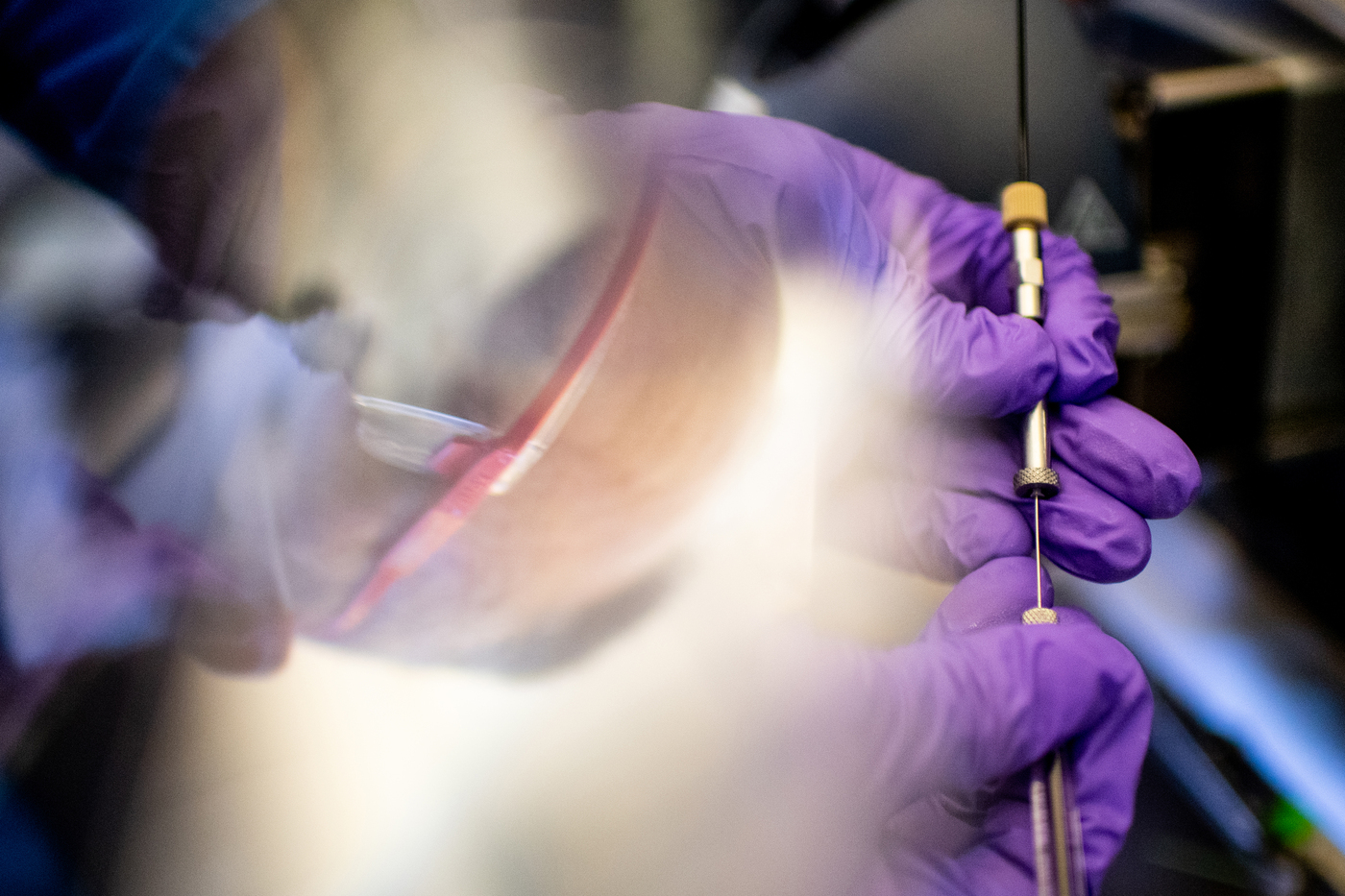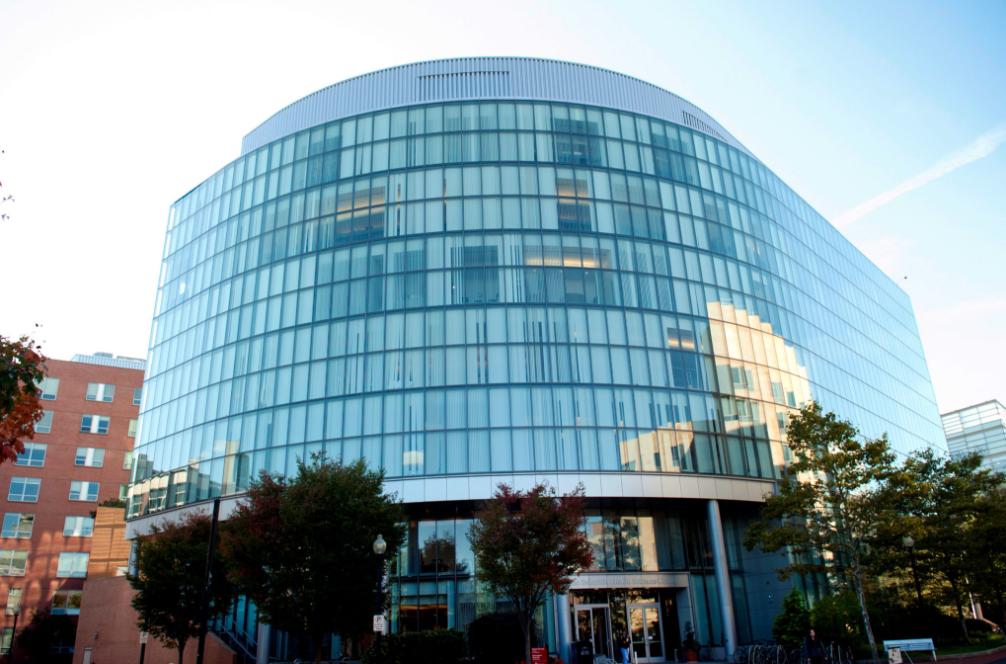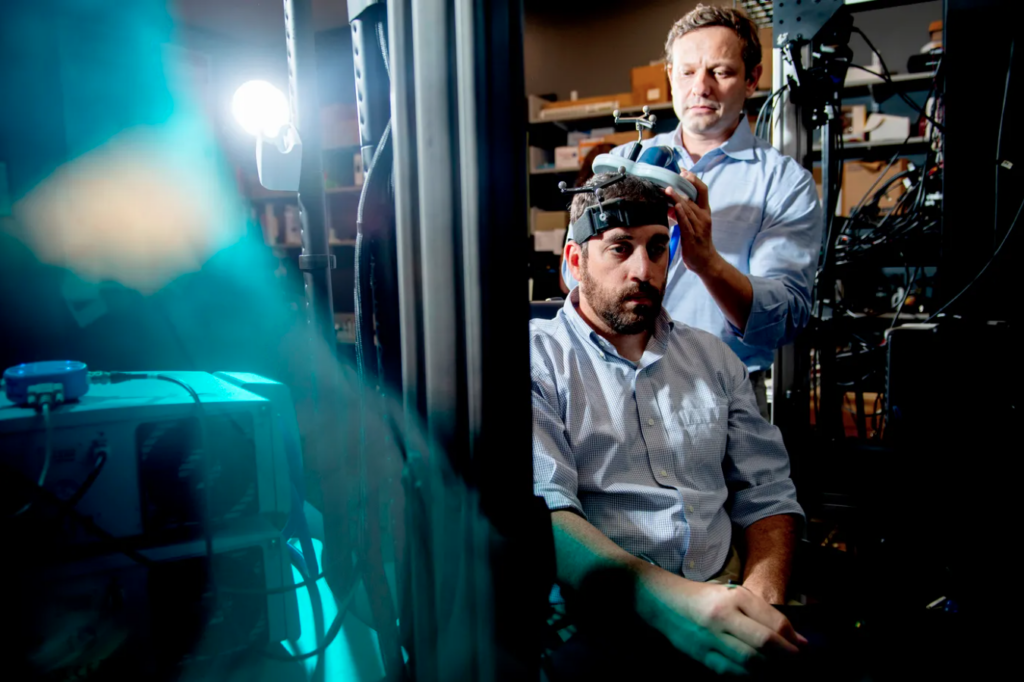By: Alena Kuzub
A major breakthrough in the treatment of amyotrophic lateral sclerosis, known as ALS, can potentially help stop the disease in its tracks in as much as half of the cases in the U.S., a Northeastern University scientist says.
Jeffrey Agar, associate professor of chemistry and pharmaceutical sciences at Northeastern, has spent the last 12 years studying the mechanism of ALS and researching ways to prevent its progression.
“You could consider it my life’s work,” he says. “I bet 12 years of my own life and countless number of years of others’ lives toward something that was so risky that everyone said it would never work.
“I am relieved that it all worked out.”
ALS is a rare progressive disease that causes deterioration of nerve cells in the brain and spinal cord. The disorder affects motor neurons, which control voluntary muscle movement, talking, walking, chewing and breathing. The onset of ALS is largely sporadic — only 10% to 20% of cases in the U.S. are inherited, Agar says, and therefore are called familial ALS (fALS). ALS can be caused by dozens of different gene mutations that lead to mutation in proteins within a cell.
Continue reading at Northeastern Global News.





